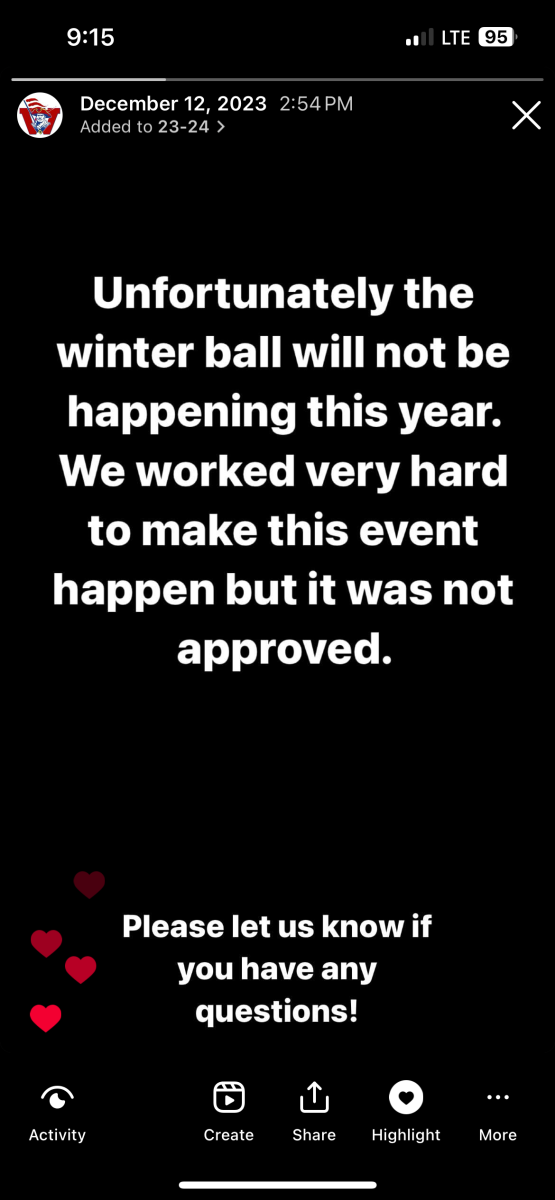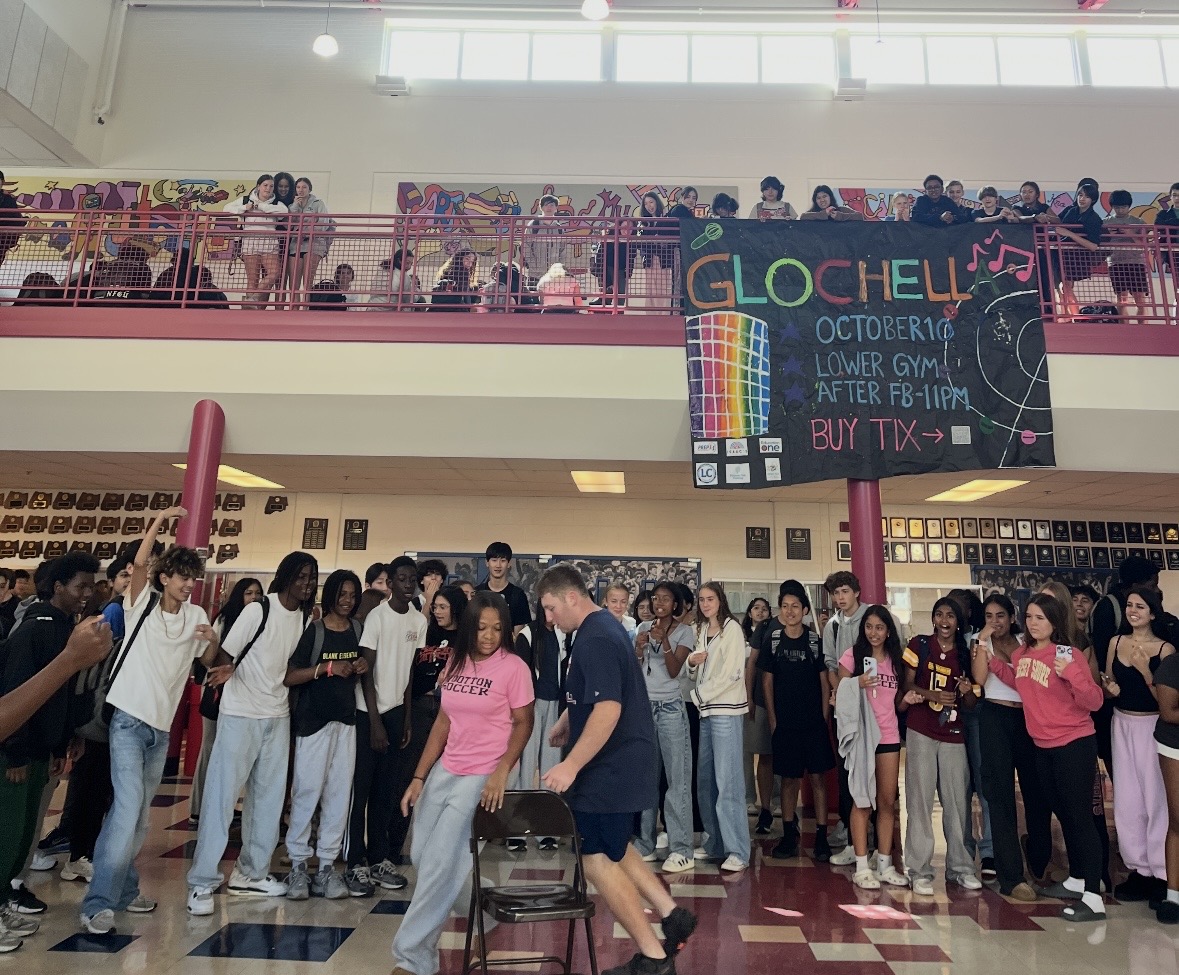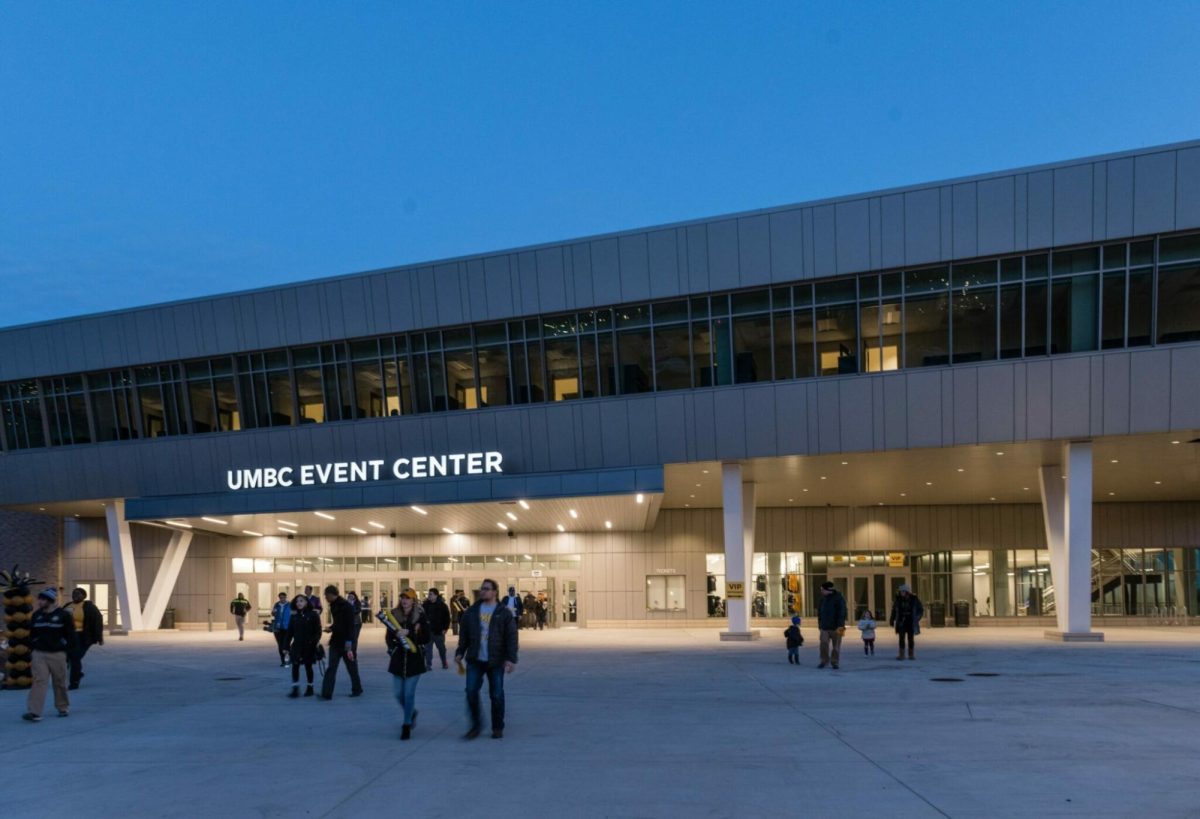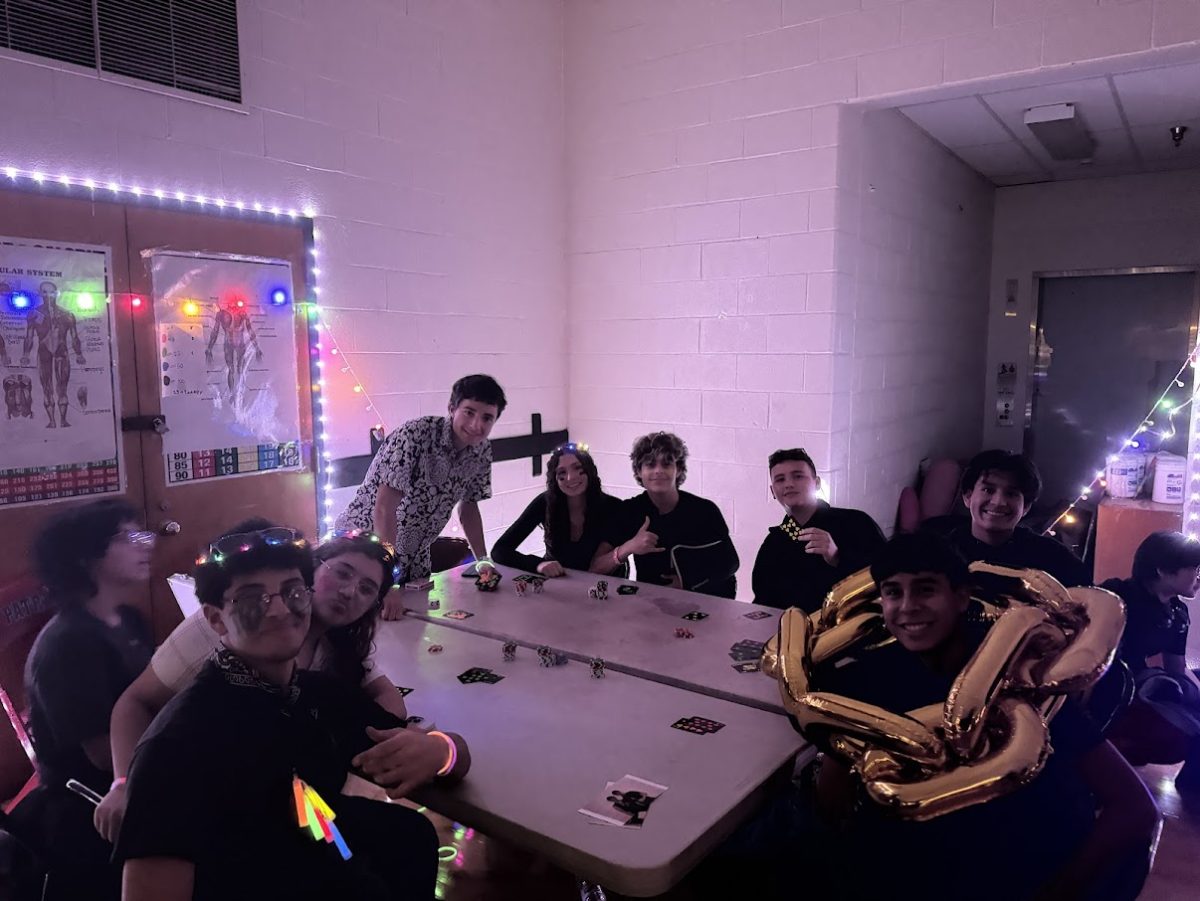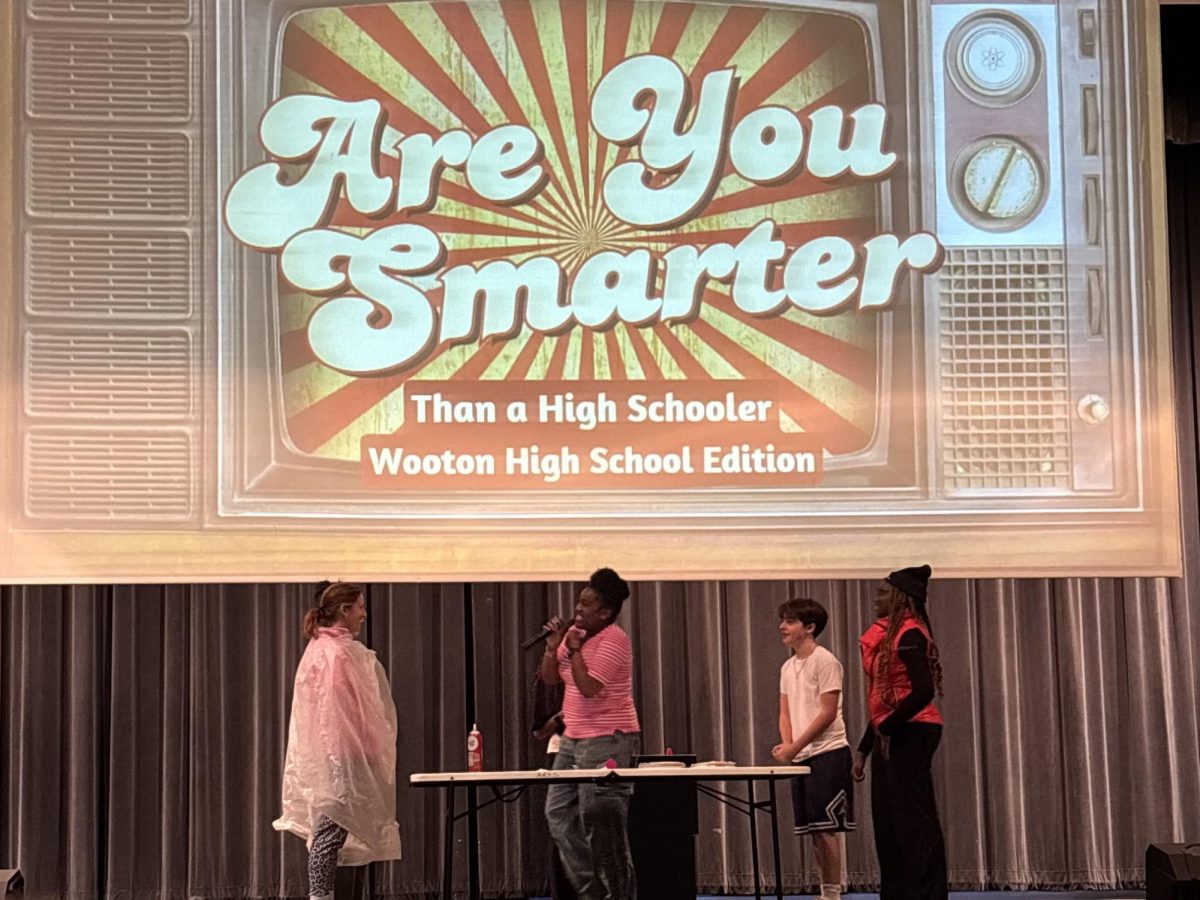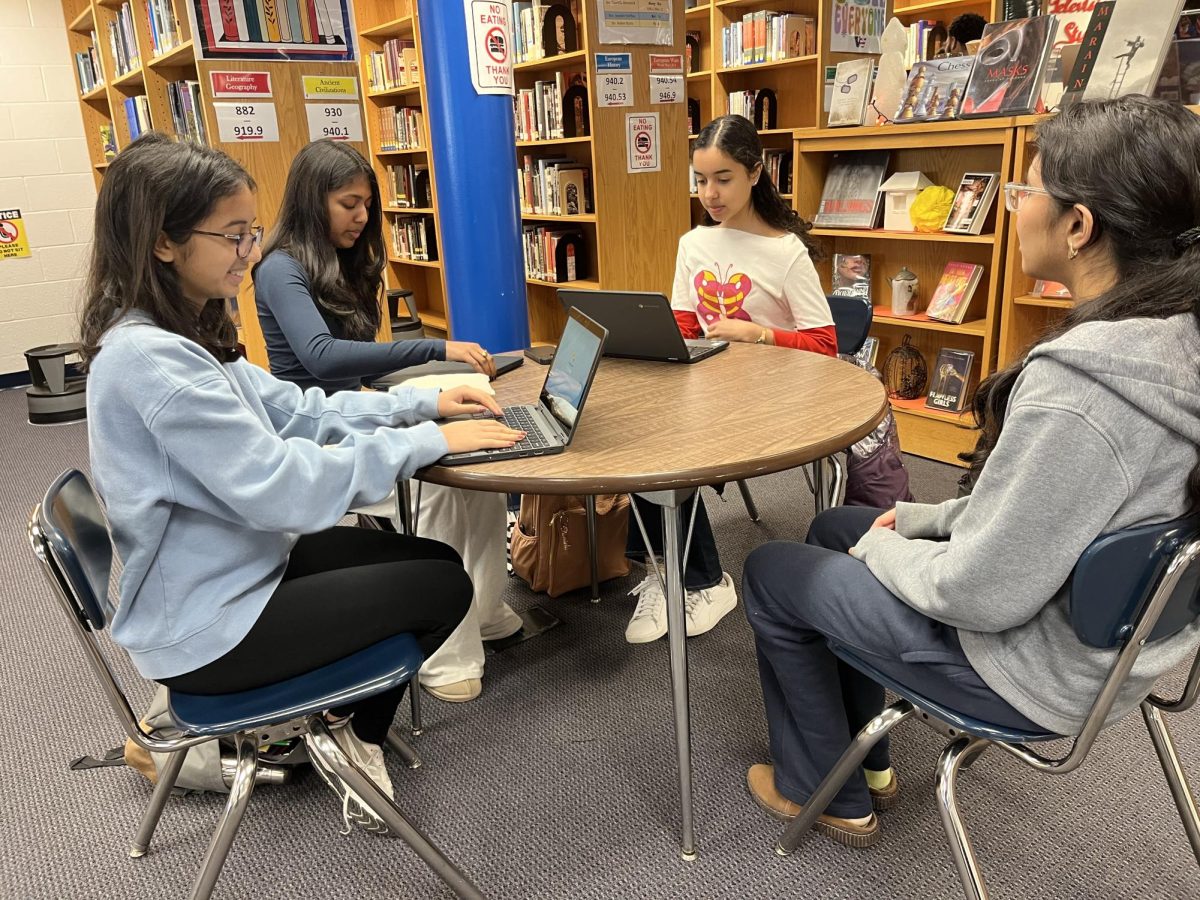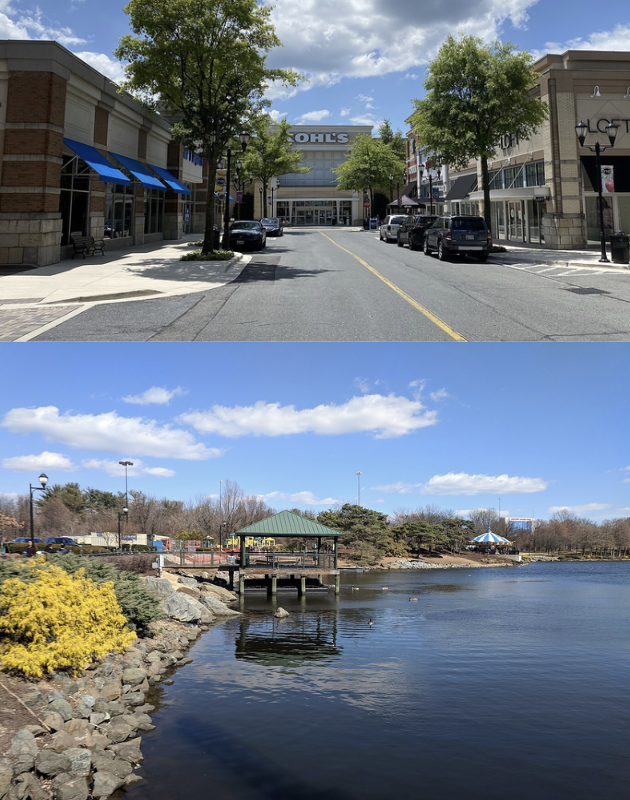On Dec. 12, SGA posted an announcement on their Instagram account to settle the confusion over a possible winter dance. Their proposal had been denied by the administration, therefore canceling the chance of a winter ball.
Student responses to the outcome were skewed negatively. “I’m in Splanning so I know how much work goes into planning a big school event like that. I’m upset it was denied because It would have been a lot of fun to have another school dance my senior year,” senior Ryan Hu said.
There was never an official announcement for the event, however, students became aware of it through conversations that circulated the school. “I heard rumors about there being a winter dance and I didn’t really care for it but it would have been nice to have something to look forward to during the long period between winter break and spring break,” junior Sebastian Thomas said.
SGA members worked diligently to plan out a detailed proposal with the impression that their new event would be approved. Senior Tatiana Pacheco was one of the SGA members of the winter ball committee. Pacheco, along with others, outlined a plan for the event and brainstorm solutions for each possible conflict they could come up with. “We wanted to add a formal event at a nice venue that all grades could enjoy. It would’ve been a creative way to bond our school and promote school spirit and inclusivity through all four classes,” Pacheco said.
However, to much disappointment, they received a message that rejected the proposal. Multiple members of the winter ball committee for SGA felt like their work was disregarded. Despite the upset feelings about the disapproval of a new school event, the administration felt their decision was justified. The administration denied the proposal because it posed challenges as it was crafted in the middle of the school year. “I felt that the winter ball concept was well-developed and presented – one of the best of the year, in my opinion. The winter ball idea was developed after the start of the school year, which created a challenge. It is harder to get an event approved once the school year calendar is already full of events. At Wootton, we have hundreds of events, so once the calendar is already filled up. It can be challenging to get something approved, in particular a large-scale event, which takes place on the weekend. With this proposal we would also need overtime pay for security and administrators would need to be present to supervise. It can be a challenge to add a big idea to the calendar such as this,” Principal Douglas Nelson said.
Upon the denial of the event, students come to wonder how the administration comes up with decisions and what the structure of administration at this school is. This year, this school’s administration is structured by levels. At the top is Principal Douglas Nelson, followed by four assistant principals: Brad Rohner, Margaret Broe, Eileen Gardner and Stephanie Labbe. Together with business administrator Arlin DeLaRosa, those listed above compose the administrative team. “Each respective department also has someone in charge like a resource teacher or a building services manager or security team leader,” Nelson said.
When individual students or student organizations such as Senior Planning, SGA and clubs have a proposed event, policy change or other request they want to convey to administration, the process “starts at the student or staff level as an idea. If you want to carry that idea forward, you would share with a staff sponsor if you are a student, or you bring it forward for consideration generally as a proposal,” Nelson said. “If you use SGA as an example, they develop ideas as a group, share them with Ms. Buckingham, and the idea is brought forward to an administrator as a proposal. Then, it must be approved or denied. It can be considered by ILT (Instructional Leadership Team) or the administrative team for approval.”
Before proposing a new idea to the administration, Nelson advises students to make sure to come up with a strong proposal and be ready to answer any questions regarding the idea. “I always recommend that you do your research before bringing a new idea forward by talking with others, but it is not required to do so,” Nelson said.


